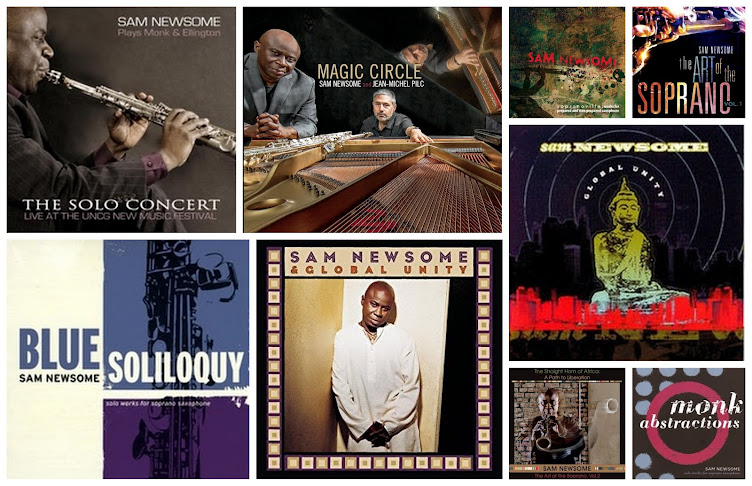Creating career traction can be a very difficult and
expensive process. What does career traction mean? In simple terms, it’s when
one creates enough of a momentum in getting people excited about his or her
music, that they reap the benefits of performing--financially and musically--with
increasingly less effort.
Musicains typically try to create career traction when they
have a weekly or monthly gig at a particular venue. In doing so one hopes that
he or she can create a buzz about his or her band, leading to more people attending
shows, leading to more bookings, leading to you making more money.
And here's where it gets more complicated.
One, for the bandleader, having a steady gig can get quite
expensive. Most venues, particularly in New York City will only give you a
steady night if it doesn't cost them anything--or at least very little. And
it's not a critique of New York venues they're just practicing good business.
Fortunately in a city like New York, many musicians will play a low paying gig
if they like the music. And there are many who just want to play--particularly
ones who play a lot of sectional gigs like Broadway shows, big bands and
weddings. Consequently, they tend to jump at any opportunity to stretch out musically.
But no matter how badly they might want to stretch out, or
how devoted they are to a leader's music, if a nicer paying gig comes along,
they're going to take it. So as a bandleader it's always in your best interest
to make the gig financially attractive if you want your band to be consistent.
And this usually requires that you come out of pocket. So you have to decide:
how much is this gig worth?
Several years ago, I played a steady gig at the Knitting
Factory in one of their popular rooms, The Tap Bar. It was a lively spot but it
only paid $100 for the band and two drink tickets. To say that it was a
challenge getting musicians to play with me would be a gross understatement.
There were a few loyal devotees, but most were not having it. If they did agree
to play the gig, it was conditional. Either I had to bring their amp, or they
wanted money for a car service to transport equipment. And some just insisted
that I sit through their ten-minute rant on how slimy the venue was for
exploiting musicians.
By the fourth week I’d had enough—between begging musicians
to do the gig and playing for a backdrop of constant chatter. By the time the
last gig came around, I was so frustrated that I sent someone to sub for me.
The percussionist who was on the gig felt so betrayed he wanted to fight me.
Trust me when I say it wouldn't have been much of a fight. He was a big dude.
He could have whipped my ass in his sleep.
I know that it's not as clear-cut as I’ve insinuated. As far
as performance opportunities, a few venues may want to book me playing solo,
but most want to hear black musicians like myself play swing and funk. But it doesn't matter. What I've created with
my solo concept is personal and uniquely my own. I can nurture it however I like, for little or
no money.
But back to my original point: Creating traction through a
steady gig or by just playing together for years is easier when you have a
cooperative. It's more difficult when you are the bandleader. A cooperative works
for these reasons: Everyone has equal ownership so it's much easier to have
consistency, and there's less of a financial burden since one person is not
responsible for all of the costs.
Imagine if Medeski, Martin, and Wood was called the John
Medeski Trio. It would have been difficult to convince the others to sleep in
cars and drive across the country playing for the door and tips. Very few would
make that kind of commitment if they were indeed just a sideman.
The Medeski, Martin and Wood model does work, but only when
it's a cooperative. The Bad Plus has certainly proven that too.
So how does one create career traction and build a following
if you are not part of a collective?
First, you have to think long term. You have to envision
where you want to be five years from now, ten years from now, and address your
situation logically, strategically and unemotionally.
Often times we get ourselves into trouble modeling someone
else's career path--which may or may not work. Let’s face it: Having a
successful career is not always a linear process. So many success stories
resulted from random encounters and connections. If you do use someone else's
career as a model you're better off mimicking their commitment than the speed
of their success. Do as they did, not what they did.
So if you do have a steady gig, being able to turn it into
something bigger may not always be in the cards. So before you pull out your
ATM card or check book thinking you're investing in a much bigger future, that
may not always be the case. Sometimes a gig is just a gig, even if it is every
week. So just enjoy the moment, and take it one performance at a time.







